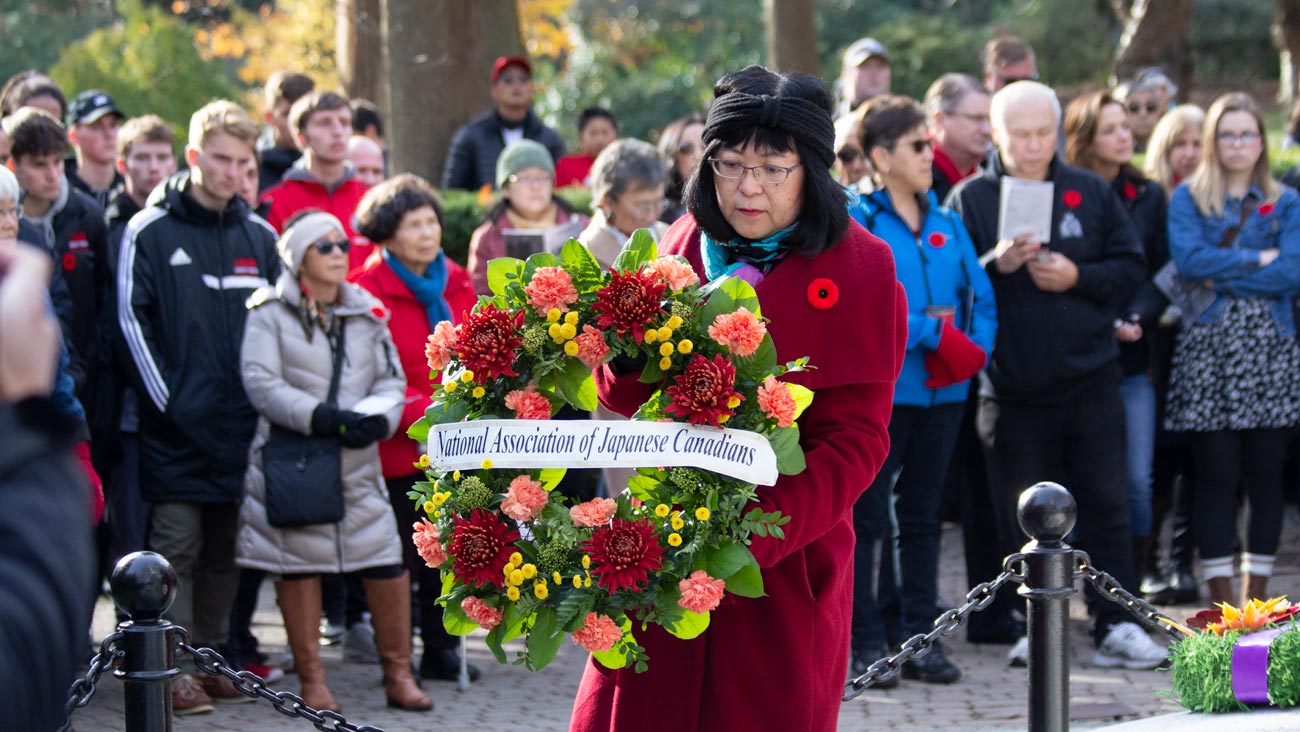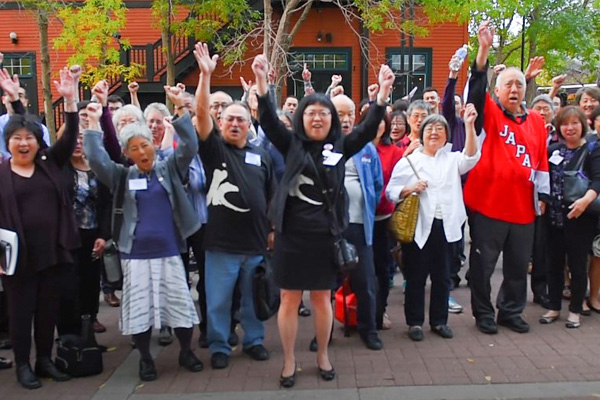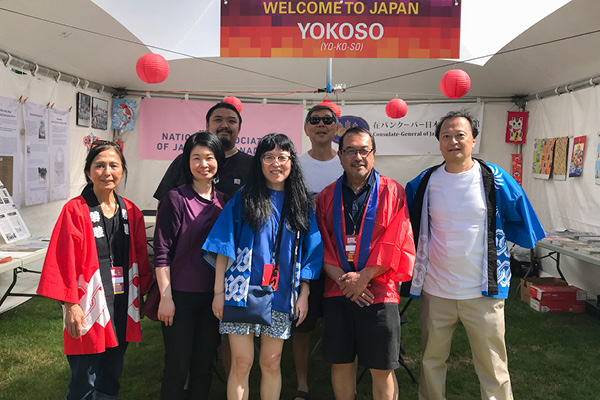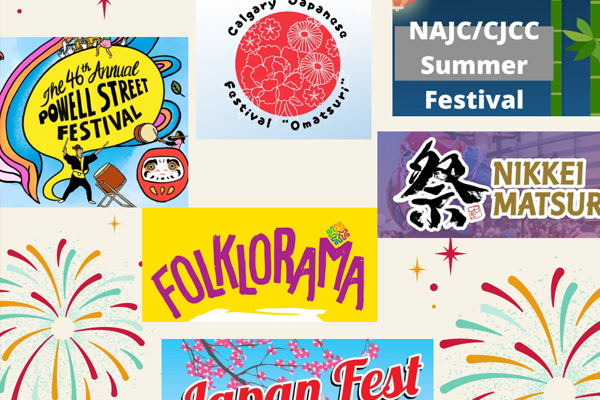by Lorene Oikawa
On November 11, I will be at the Japanese Canadian War Memorial in Stanley Park, Vancouver, laying a wreath on behalf of the National Association of Japanese Canadians (NAJC), and remembering Japanese Canadians who served their country Canada. In the First World War, British Columbia denied the efforts of Japanese Canadians to enlist and over 220 went to Alberta in order to enlist. Despite their loyalty and bravery, when they returned home they were still denied the right to vote. In 1942, the First World War Canadian veterans would be rounded up and forcibly uprooted, dispossessed, and interned along with the rest of the Japanese Canadian community. In the Second World War, Japanese Canadians were also denied the opportunity to serve Canada. My uncle Buck Suzuki would eventually be accepted by the British Army although the Canadian Army would say that he was on loan to the British Army.
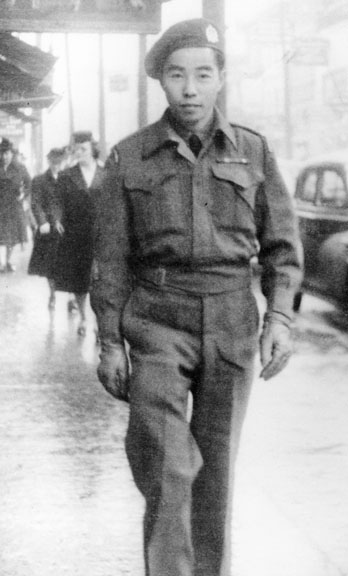
I remember a grainy black and white photo of my uncle Buck in uniform in front of the cenotaph in Stanley Park with another soldier. The cenotaph would have been about 28 years old in that photo. Next year will be its centenary, and plans for the celebration on April 9, 2020 will be announced at this year’s Remembrance Day.
In April 2020 it will be only 71 years since Japanese Canadians were allowed to vote. Chinese- and Indo-Canadians obtained the right to vote two years earlier in 1947 and for Indigenous Peoples it wasn’t until 1960. While it was gratifying to see so many people in my social media feed declaring that they voted in last month’s federal election, it is still concerning that 34% of Canadian voters, 9.2 million people didn’t vote.
When we fail to vote, we let others make the decisions that have huge impacts on our lives and our community. When we fail to know our history, we repeat and let others repeat the mistakes of the past. We all suffer from the consequences. Making sure people know the stories of Japanese Canadians was a common message during the BC Redress community consultations. We are finalizing the paper that will present the findings to the BC government and the public. We are also confirming the members of the strategy team that will be working on next steps. Information will be coming out, but not in time for this month’s president’s message. Please go to the NAJC website najc.ca for updates.
Also, please take advantage of opportunities to learn about the stories of Japanese Canadians. In Toronto, on November 7, Dr. Eric Adams will share the stories of “How Japanese Canadians Shaped the Constitution.” I was fortunate to be at his presentation last year in Vancouver. Dr. Adams shared the story of former NAJC president Gordon Kadota and how he led a delegation in 1981 to challenge the government to strengthen the then proposed Charter of Rights and Freedoms so that the injustice faced by Japanese Canadians would not be repeated with any other group of people. The government was so moved by the presentation and did make improvements. To the delight of the audience, Gordon Kadota happened to be present and shared some of his thoughts. Contact the Greater Toronto Chapter of the NAJC for more information about their event.
We were fortunate in Vancouver to see a play, Hold These Truths, inspired by the life of Gordon Hirabayashi. Gordon Hirabayashi, a US Presidential Medal of Freedom recipient fought against the forced removal and mass incarceration of people of Japanese ancestry in the US during the Second World War. At the end of last month, we attended a NAJC night which included a talk back, Q&A session with the star, Joel de la Fuente, producer, Tamlyn Tomita, and playwright, Jeanne Sakata.
Dr. Gordon Hirabayashi was known for his courage and leadership on human rights in Canada and the US. When he was a college student in 1942, he challenged the US curfew imposed on Japanese Americans. He was a well-known and active member of the NAJC Council during the 1980s and helped shape the NAJC redress principles. In 2012, the NAJC created the Dr.Gordon Hirabayashi Human Rights Award in his honour.
“Hirabayashi’s journey, from his time as a young man fighting injustice in America to his final days as an educator and activist in Canada, demonstrates his passion and hunger for freedom. It is an inspiring quest of what one can do to fight inequality, a tenacious reminder of history, and a reflection of how we, too, can change the future if we hold on to these truths.”
Hold These Truths made its international debut at the Cultch Historic Theatre in Vancouver after a celebrated US tour. I have asked about other locations in Canada. Stay tuned.
Continue to learn the truth and stories about Japanese Canadians, and take a minute at 11 a.m. on November 11 to remember those who fought for our democracy.

